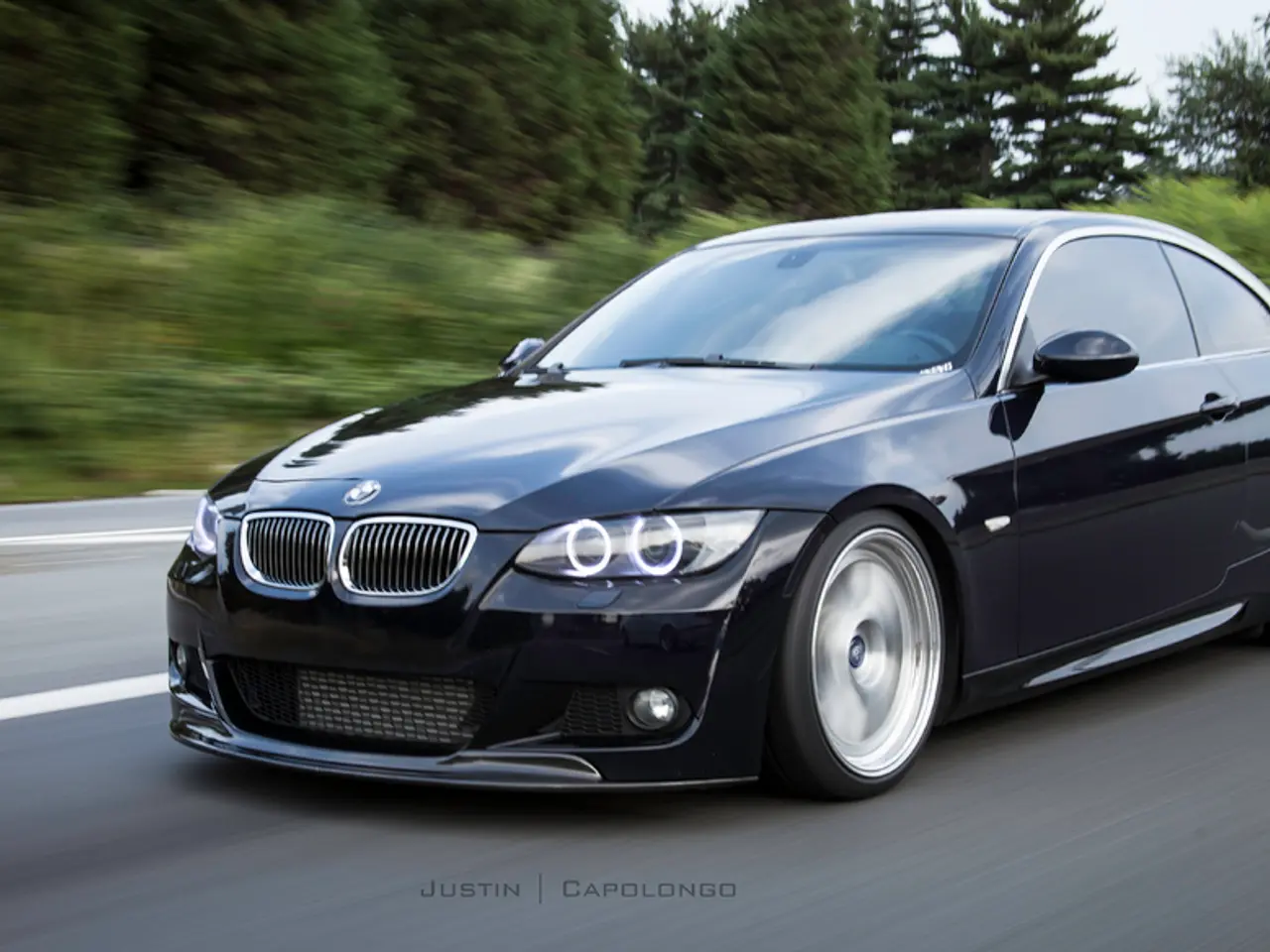BMW to launch hydrogen-fueled vehicle in series by 2028
BMW Unveils Third-Generation Fuel Cell Technology
The BMW Group is making significant strides in the development of hydrogen powertrains, with the third generation set to revolutionize the automotive industry. The Landshut plant will spearhead the production of key components for this new technology, starting from late May 2026.
The third-generation fuel cell is expected to be more compact, powerful, and efficient, and will be manufactured entirely in-house. This advancement will reduce the installation space of the fuel cell system by around 25%. The Landshut plant will produce the housing and media pressure plate for the next vehicle generation, similar to the BMW iX5 Hydrogen pilot fleet.
Optimized components and improved operating strategies have significantly increased efficiency in the third-generation fuel cell. The new BMW fuel cell vehicle will debut in the luxury SUV segment, marking a significant step forward in BMW's commitment to diversifying its powertrain offerings.
The third-generation fuel cell is a joint development by BMW and Toyota, reflecting a collaborative approach to sustainable mobility. This new fuel cell can be seamlessly integrated into future vehicle architectures, ensuring compatibility with BMW's diverse product range.
The Austrian BMW plant in Steyr will begin mass production of fuel cell systems in 2028. The Steyr plant has extensive experience in developing and producing powertrains for all BMW Group vehicles. Buildings at the Steyr plant will be adapted to ensure continuous operation and optimization of fuel cell systems.
Test stands and production facilities will be set up at the Steyr plant for the new fuel cell technology. The power density of the third-generation fuel cell has been significantly increased, contributing to its efficiency and performance.
The BMW Energy Master, which manages the vehicle's power supply, ranging from 400 V to 800 V, and serves as an interface for data from the high-voltage battery, will also undergo modifications for fuel cell application. The control unit for the BMW Energy Master will be enriched with specific components required for fuel cell application.
The Dingolfing plant has already started producing hydrogen-specific Energy Master prototypes since mid-2026. New production facilities for the hydrogen-specific BMW Energy Master will be set up at the Landshut plant.
In a fuel cell, hydrogen from the tanks reacts with oxygen from the ambient air to generate electrical power that drives the electric motor and supplies energy to the vehicle. The fuel cell system includes necessary components for efficient operation, such as cooling systems and hydrogen and air subsystems.
BMW plans to introduce a new fuel cell vehicle by 2028, aiming to diversify its powertrain offerings and contribute to a more sustainable future for the automotive industry.
Read also:
- Peptide YY (PYY): Exploring its Role in Appetite Suppression, Intestinal Health, and Cognitive Links
- Toddler Health: Rotavirus Signs, Origins, and Potential Complications
- Digestive issues and heart discomfort: Root causes and associated health conditions
- House Infernos: Deadly Hazards Surpassing the Flames








